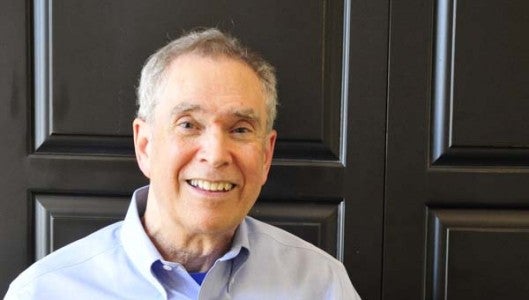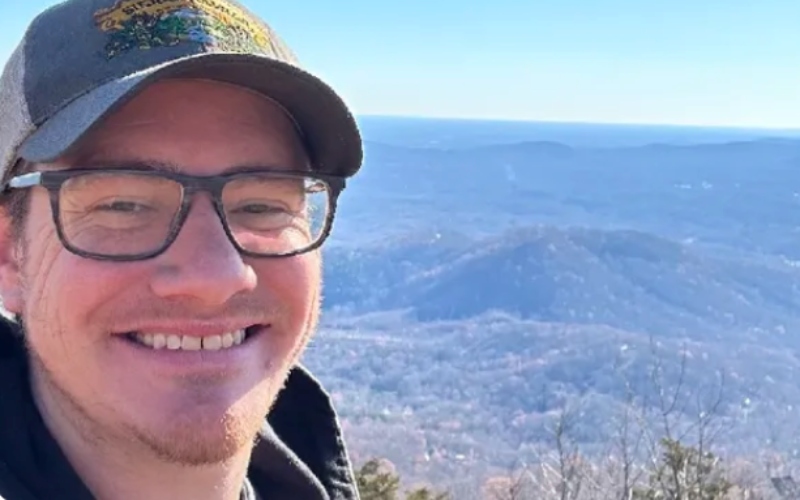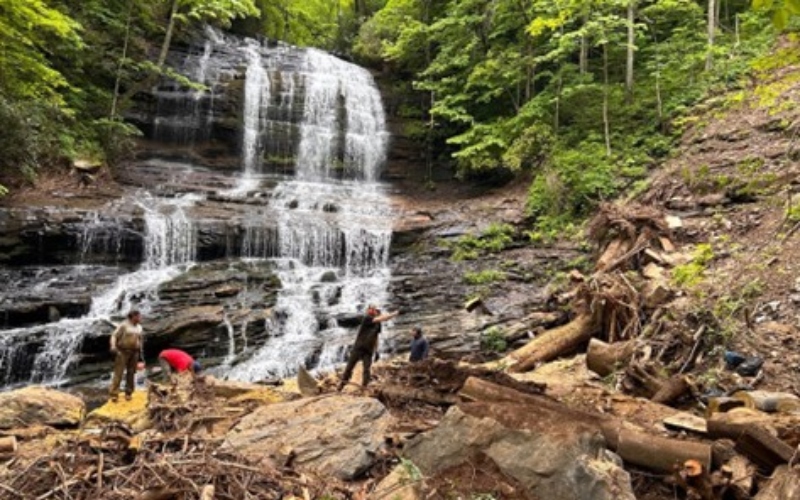Allan Kroland: Offering support to others with Parkinson’s
Published 10:12 pm Friday, April 3, 2015
April is Parkinson’s Awareness Month, in part because the tulip, which often blooms in April, is considered the symbol or mascot of Parkinson’s, and because spring symbolizes new beginnings. The botanist Dr. James Parkinson, whose 1817 treatise described what he called “the shaking palsy,” was born on April 11.
Some 5,000 individuals in the upstate of South Carolina have been diagnosed with Parkinson’s disease.
Help exists for all these individuals in the Foothills Parkinson’s Support Group, which meets the third Wednesday of each month at 1:30 p.m. in the Landrum Library. This group supports Parkinson’s patients in Polk County, northern Greenville and Spartanburg counties. And on Saturday, April 11, the support group will hold a silent auction as a fundraiser at the Landrum Train Depot. The event begins at 7 p.m.
Trending
Support group officials note that the group consists of individuals with Parkinson’s, caregivers, or those with loved ones with Parkinson’s. All individuals, with or without Parkinson’s are welcome to attend meetings.
Allan Kroland of the Landrum area, who is involved with the support group, and who has Parkinson’s, has much advice for fellow patients.
Parkinson’s has no test, but rather it is diagnosed through its three cardinal signs—a tremor, slowness of movement and stiffness, Kroland notes. Because of the gradual onset of this condition, and the fact that its symptoms can be confused with those of other conditions, many Parkinson’s cases remain undiagnosed.
Trending
Kroland says Parkinson’s is described as a “chronic, progressive, degenerative disorder, for which there is no cure – yet.” He notes emphatically that a cure exists, but it has not yet been found.
“The best way to manage Parkinson’s is with a team approach,” Kroland emphasizes, involving a general practitioner, a neurologist and a movement disorder specialist. Speech, music and occupational therapy, or other assistance that appeals to a patient may also be employed.
“Things that are automatic for most, you have to think about,” Kroland points out. “With Parkinson’s, we don’t multi-task too well.”
Dopamine replacement for brain cells damaged by Parkinson’s has, since about 1960, been the chief medicinal treatment, but recent research has discovered other help. Parkinson’s patients build up a tolerance to dopamine, requiring ever-increasing doses that don’t provide the needed relief from symptoms, and which also promote side effects.
Kroland, who takes medication, but also strengthens both his body and his brain with physical exercise, points out that recent studies have indicated that exercise helps revitalize affected brain cells, with patients who exercise requiring less medication—a good thing, Kroland notes.
Some physicians, he said, refer to Parkinson’s as an energy disorder, for the way it can sap energy from patients. Kroland works out diligently and regularly on a stationary recumbent bicycle. He also practices yoga and walks.
In any case, revitalizing brain cells is key, says Kroland, who adds that research has shown that revitalized cells reproduce healthy cells. He says it’s necessary to make the cell that produces dopamine accountable, and increase its function.
Two keys to treating Parkinson’s, according to Kroland, are stress management and exercise.
He further notes, “The nervous system controls the function of the human body. You digest your environment.” Stress management, Kroland maintains, is important for Parkinson’s patients, saying that depression and lack of energy are worse on motor symptoms. Parkinson’s damages mitochondria, which provide the body with energy.
Those who attend Foothills Parkinson’s Support Group meetings will almost certainly come to know Richard and Dot Kennedy, who are in their second year of heading the group, which has operated for about seven years.
“We offer support, where people can interact with each other,” Richard Kennedy said recently. The group provides education and guest speakers, thanks, he said, to the Michael J. Fox Foundation and former professional bicycle racer Davis Phinney, now a Parkinson’s patient. Last November, Phinney hosted a “Victory Summit” in Greenville, one of only three held in the U.S. each year.
He and Dot, neither of whom has Parkinson’s, got involved in the support group, after her brother died of kidney failure, after dealing with a form of Parkinson’s. Richard added that it’s probably better for a non-Parkinson’s person to head up such a group, as the work requires a great deal of energy.
When you leave here, you don’t feel you’re alone” adds Kroland.
All support group staff are volunteers. Dues are not required to attend meetings.
For more information on the Foothills Parkinson’s Support group, contact Richard Kennedy at 864-404-8001 or richardkennedy@hotmail.com. Dot Kennedy can be reached at 864-404-8000.
Kroland extended a warm invitation to patients and others to attend support group functions.
“Please come. Don’t be alone.”
# ##
Photographs:
895: Allan Kroland, left, and Richard Kennedy, are holding a quilt that Kroland’s wife Holly is donating to the support group’s April 11 silent auction, to be held at the Landrum Depot at 7 p.m. The piece was assembled from T-shirts with messages supporting Parkinson’s research and patients. (Photo by Mark Schmerling)
COVER: Allan Kroland, a former chiropractor, is holding a painting donated by Pro Physical Therapy of Columbus to the April 11 silent auction to be held as a fundraiser for the Foothills Parkinson’s Support Group. (Photo by Mark Schmerling)






